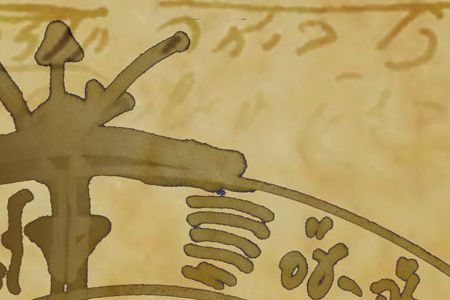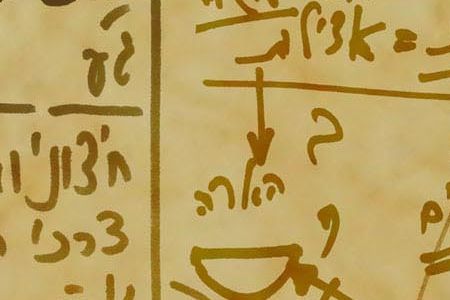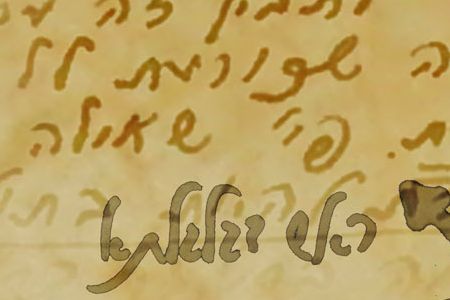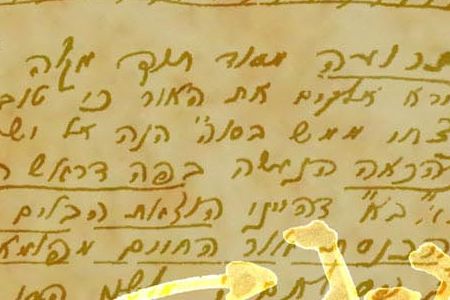Numbers, 1:1-4:20
This Week’s Torah Portion | May 29 – Jun 04, 2022 – 28 Iyyar – 5 Sivan, 5782
In A Nutshell
The portion, BaMidbar (In the Desert), begins with the Creator commanding the children of Israel by tribes to bring men who had served in the army and were at least twenty years old, and appoint them as heads of tribes and presidents. Following the nomination, Moses is requested to explain to them where each tribe should be during the journey and while stopping in the desert, how to arrange themselves by tribes and banners according to the four directions, with the tabernacle in the middle.
The portion reiterates the role of the Levites, who are to serve in the tabernacle. The tribe of Levi is special because it has no place or lot of its own; it is to serve everyone and help everyone, especially the priests in the tabernacle. The role of the Levites is to assemble and disassemble the tabernacle at each stop during the journey of the children of Israel. They must follow strict rules that explain what to do with each part of the tabernacle and how to keep the vessels of the tabernacle.

Commentary by Dr. Michael Laitman
The Torah is divided into two parts: external and internal. The external Torah is the one we read and know. It is the Torah that our fathers (ourselves in previous incarnations, since our souls reincarnate from generation to generation) observed in the past. However, there are things to sort in it. The Torah describes the journey of the children of Israel in the desert and how they should conduct themselves there. It details how to build the tabernacle, divide into priests, Levites, and tribes, how to set up the camp, and how to continue the journey where each one moves from place to place under the tribe’s banner up to the boundaries of the land of Israel and the onset of its conquest.
The inner Torah is actually the main thing. Through it we correct and adjust ourselves internally in order to discover that upper force from which we receive the Torah in actual fact. That is, it is about revealing the Creator to the creatures. Here we are talking about man as a small world, where all that is described in the Torah—priests, Levites, Israel, and the twelve tribes—is within us as replications. The inner Torah touches each of us and instructs us what we must do in order to discover the upper force here and now.
One who has not corrected him or herself is certainly immersed in the ego, the evil inclination, as it is written, “I have created the evil inclination; I have created for it the Torah as a spice.”[1] That state is called a “desert.” The sensation of the desert is the place of the Klipot (shells/peels), meaning uncorrected desires. While in that feeling we have nothing to revive us, to give us spiritual life. Even if we have material abundance we still feel that we are in the desert.
Continue reading “BaMidbar (In the Desert) Parsha – Weekly Torah Portion”



